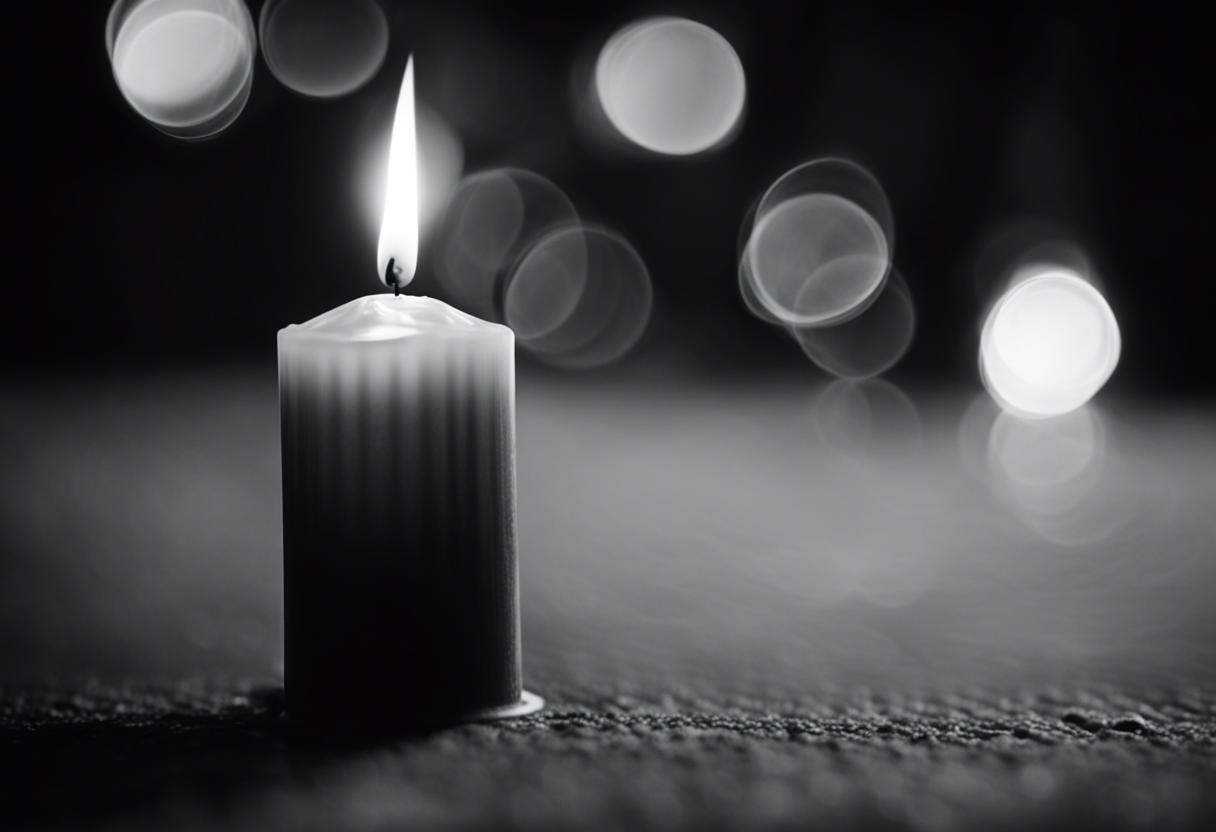In the aftermath of a brutal murder, the Central Criminal Court heard harrowing statements from David French, brother to the deceased Valerie French. David recounts the devastation his family experienced when they learnt that it was James Kilroy, Valerie’s husband and a man they had invited into their home, that caused her violent death. He detailed the distress of seeing his sister’s injured body – a result of Kilroy’s horrific acts of strangulation and stabbing.
Valerie’s murder was executed at the couple’s residence in Kilbree Lower, Westport, Co Mayo from June 13th to 14th, 2019. Mr Justice Tony Hunt passed the obligatory life sentence on Kilroy on the following Monday. While Kilroy attempted to plea insanity, this defence was dismissed by a jury the previous week.
Valerie’s brutal death played out on a morgue slab, a sight David French hasn’t been able to forget since – though it seems to him that she didn’t die peacefully. He describes Valerie’s murder as being of the most extreme and terrifying cases of violence. He conveyed the lasting impact of such a crime, highlighting how their mother could not come to terms with the shocking truth and passed away shortly after Valerie.
David emphasised the dire implications of such a crime on their family, identifying it as the cause of their mother’s death. He also mentioned the ongoing struggles of his sisters and himself since the incident, stating that it has significantly affected their lives, destabilising their relationships, jobs and overall well-being. The murder has greatly impacted the children of the family who mourn their beloved Aunt Valerie, while simultaneously dealing with the horror that the killer was someone they once accepted as family.
Judge Hunt lauded the address as one of the most stirring and articulate speeches he’s heard, explicitly highlighting the harm inflicted by Kilroy. According to the judge, the victim was intensely family-oriented, committed to her loved ones, and a pillar of her community, whose life was woefully and untimely cut short.
On the early morning of June 14th, 2019, Kilroy was seen strolling naked across a meadow by a man eating breakfast. After a brief period, the local police located Kilroy and brought him to a mental health facility in Castlebar, under the jurisdiction of the Mental Health Act, for evaluation.
Consultant psychiatrist Dr. Camilla Curtis informed the court that Kilroy had cuts and contusions on his arms and back. He reported that his spouse had knifed him, but no such wound was found by Dr. Curtis. He spoke of peculiar illusions and claimed he was tasked by God with eliminating his wife.
He mentioned being observed by security personnel and feeling as though a half-century had been condensed into a single day. He further confessed to stabbing his wife in the neck using a kitchen knife, asserting that he believed she was morphing into a zombie and expressing his fear of the risen dead.
Upon examination, Dr. Curtis determined that Kilroy did not suffer from a mental illness, nor did he satisfy the Act’s incarceration prerequisites. Consequently, he was released from the facility and transferred into police custody. As Dr. Curtis was evaluating Kilroy, officers visited his residence, where they discovered Ms French’s blood-soaked corpse in a caravan.
The state pathologist, Dr Linda Mulligan, ascertained that Ms French Kilroy’s cause of death was asphyxiation by ligature, combined with blunt-force cranial trauma and a stab injury in the neck.
While Kilroy was analysed by multiple psychiatrists, he was deemed fit to be held amongst the general jail population within a few weeks of his custody as opposed to the Central Mental Hospital.
Throughout the trial, Kilroy contended that he experienced a psychotic episode. Consultant psychiatrist Dr Ronan Mullaney diagnosed him with cannabis-induced psychosis as a result of years of cannabis consumption. Nonetheless, Judge Hunt previously mentioned that the wording of the Criminal Law (Insanity) Act precludes a defence in instances where a mental disorder is induced by drug abuse.
Just yesterday, the magistrate cautioned that using cannabis did not come exempt from hazards and made it clear that there was no question drugs played a significant role in this case. Nonetheless, he mentioned that the Act’s provision of absolving any criminal acts was intended for the sick, not for those who inflict harm on themselves due to substance abuse. The presented evidence, according to him, did not nearly provide enough basis for any defence under the Act.

